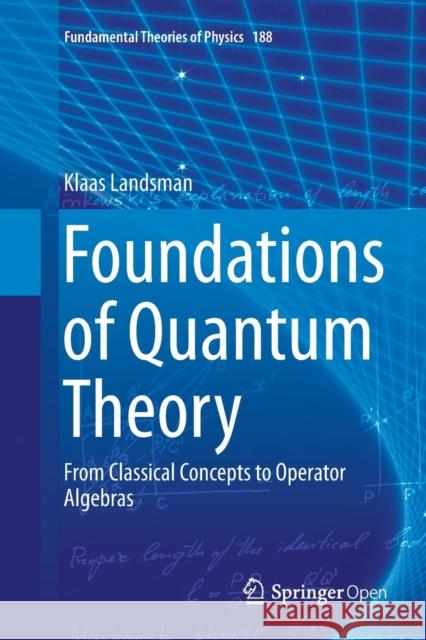Foundations of Quantum Theory: From Classical Concepts to Operator Algebras » książka
topmenu
Foundations of Quantum Theory: From Classical Concepts to Operator Algebras
ISBN-13: 9783319847382 / Angielski / Miękka / 2018 / 861 str.
Kategorie BISAC:
Wydawca:
Springer
Seria wydawnicza:
Język:
Angielski
ISBN-13:
9783319847382
Rok wydania:
2018
Wydanie:
Softcover Repri
Ilość stron:
861
Waga:
1.22 kg
Wymiary:
23.39 x 15.6 x 4.52
Oprawa:
Miękka
Wolumenów:
01
Dodatkowe informacje:
Wydanie ilustrowane











